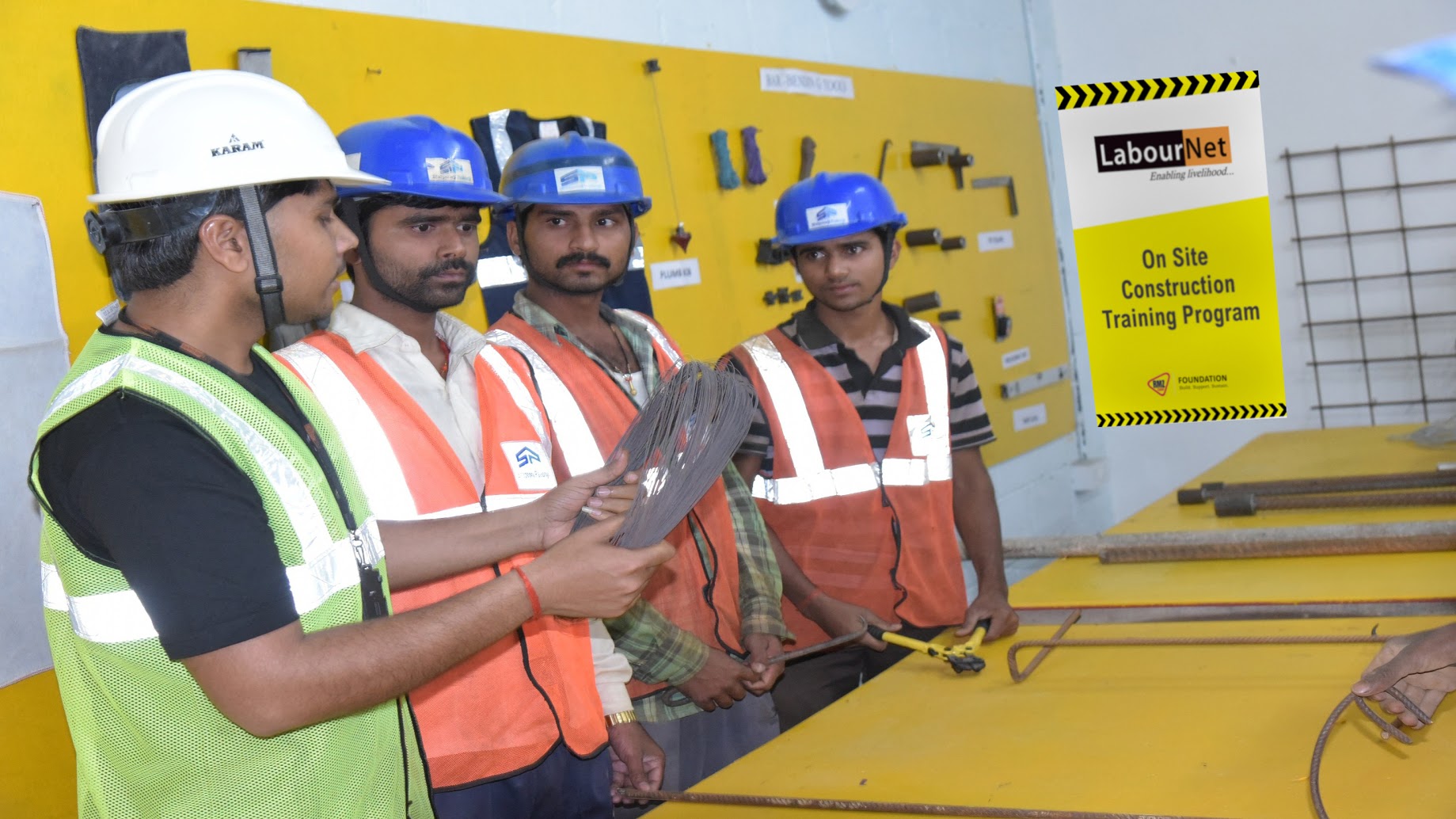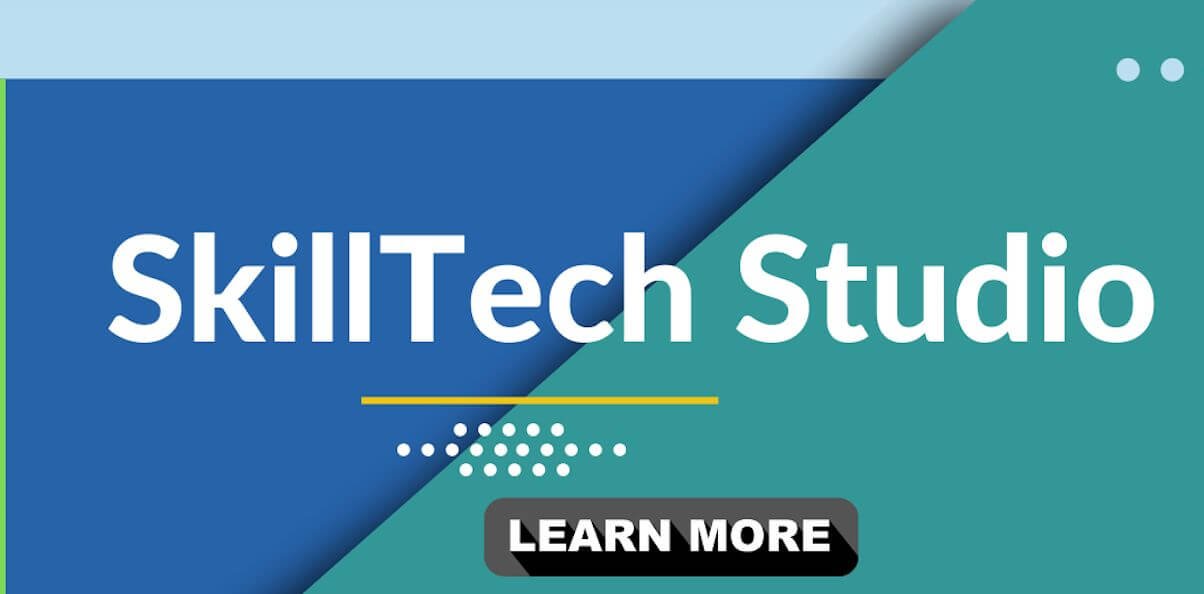The skill development and vocational training initiatives in India are currently being conceived as ad hoc interventions to solve problems related to existing skill gaps while meeting the demand for skilled workforce. For the public, private partnerships and various government incentives to have the desired impact we need to understand the big picture of skilling in India. In this Skill Talk, Rajesh A R, Executive Director, LabourNet Services India Pvt Ltd, shares his perspective on the role of skill paths in making vocational training aspirational. It is interesting to see how this can have a positive impact on the outreach and outcome of any training program.
Schemes, incentives and outcomes
For high levels of efficiency and sustainability of these initiatives, we have to integrate the national level goals with state level objectives. Of course, campaigns like Skill India and the PMKVY scheme would create awareness and help in mobilizing people but what needs to be seen it how it creates an impact at the ground level. Adherance to standards alone will not help, we need to see how they are put into practice. The national projects bring in the much needed impetus but there are some basic issues that need to be addressed.
Making skills aspirational
Traditionally, we have valued higher education, certification and acquiring university degrees as ‘the way’ to get qualified to to get employed. But, now there’s greater realization that this one-way path has had some unfortunate results in increasing the level of unemployment in educated youth. While graduates are facing employability problems, the other youth, who are may be school dropouts, manage to get into some trade or occupation, though they are unskilled or semi-skilled. They are able to earn their wages but they are not formally educated and trained. Look at the peculiar disparity between the educated unemployed and the dropouts who get into some form of employment. Why do we even think of vocational skills as something meant for dropouts and low achievers?
On the one hand, we have millions of youth working in the unorganized sector, and on the other, the university dropouts don’t meet the requirements of the industry. For creating equal opportunities we need to skill them both.
Skill paths can help address the disparity and discrimination
We need to design roadmaps for skilling that show the logical progress from basic, manual skills to the higher order skills. This will go a long way in combining skills with knowledge. Let me illustrate this with an example: in the construction industry, the entry level job may be a mason or a bar bender but nothing should stop these people from upskilling and improving themselves to take up greater challenges and earn higher salaries. Of course, they may be good at doing things but they may not be knowing why they do it that way. This could be the starting point for them to think and explore further. With proper incentives and encouragement, the mason or carpenter, can grow well in their jobs and aspire for better pay and better life –moving up as supervisors, or quality assurance personnel. The qualitative improvement, when demonstrated appropriately, could help them see that there’s tremendous scope in the industry. As they reach advanced level, they will realize that they can come up with innovative solutions and not just remain where they were in their first jobs.
With proper incentives and encouragement, the mason or carpenter, can grow well in their jobs and aspire for better pay and better life –moving up as supervisors, or quality assurance personnel. The qualitative improvement, when demonstrated appropriately, could help them see that there’s tremendous scope in the industry. As they reach advanced level, they will realize that they can come up with innovative solutions and not just remain where they were in their first jobs.
Basic skills could be the starting point
Targeting basic skills is certainly a priority. Of course, it is critical to focus on this aspect in order to prepare unskilled and semi-skilled workforce to meet huge demands in manufacturing, construction and other labour-intensive industries. This is definitely the way forward to provide basic means of entry level employment for a decent livelihood. But, in the long run, it may not help in giving vocational training its due. The disparity will take deeper roots and become more glaring.
The aspirational value can be conveyed only when we show a clear skill path with the right mix of practical training and theoretical knowledge along with certification and recognition of performance.
The skilling programs need to combine generic and transferable skills that can sustain employability. For example, generic skills like communication, numeracy, computers, basic problem solving and learning how to learn can help them remain fit to move into different jobs. When these are included in the skill path, they can be of immense help in taking up higher responsibilities.
How skill paths work
It begins with training in basic vocational skills. The workforce, either during pre-job training or during on-the-job training, acquire basic skills pertaining to a trade. They even get certified and be on par with Diploma holders from technical institutes. This will ensure them a basic level job to enter the industry. The problem here is that most of the attrition happens when these jobs get monotonous and tedious with heavy manual work.
To break this mould, the same workforce can be guided to the next level with proper upskilling with corresponding increase in pay and they get introduced to the theoretical aspects of learning. This may create new levels of interest and keep them motivated to do better. This is the stage where they realize aspirational value by combining their know-how with know-why. This gradual movement from manual skills to higher order skills will have a positive impact on their lives. They might come up with innovative solutions to various problems in their respective trades and specializations and demonstrate their mastery of the domain.
Skill paths need to be supported by the industry –they should be able to share the latest knowledge, trends and information about latest technology while mapping skill levels with aspirational goals. This could be one of the ways to position vocational skills while creating awareness with Skill India or while mobilising people under the PMKVY scheme.














